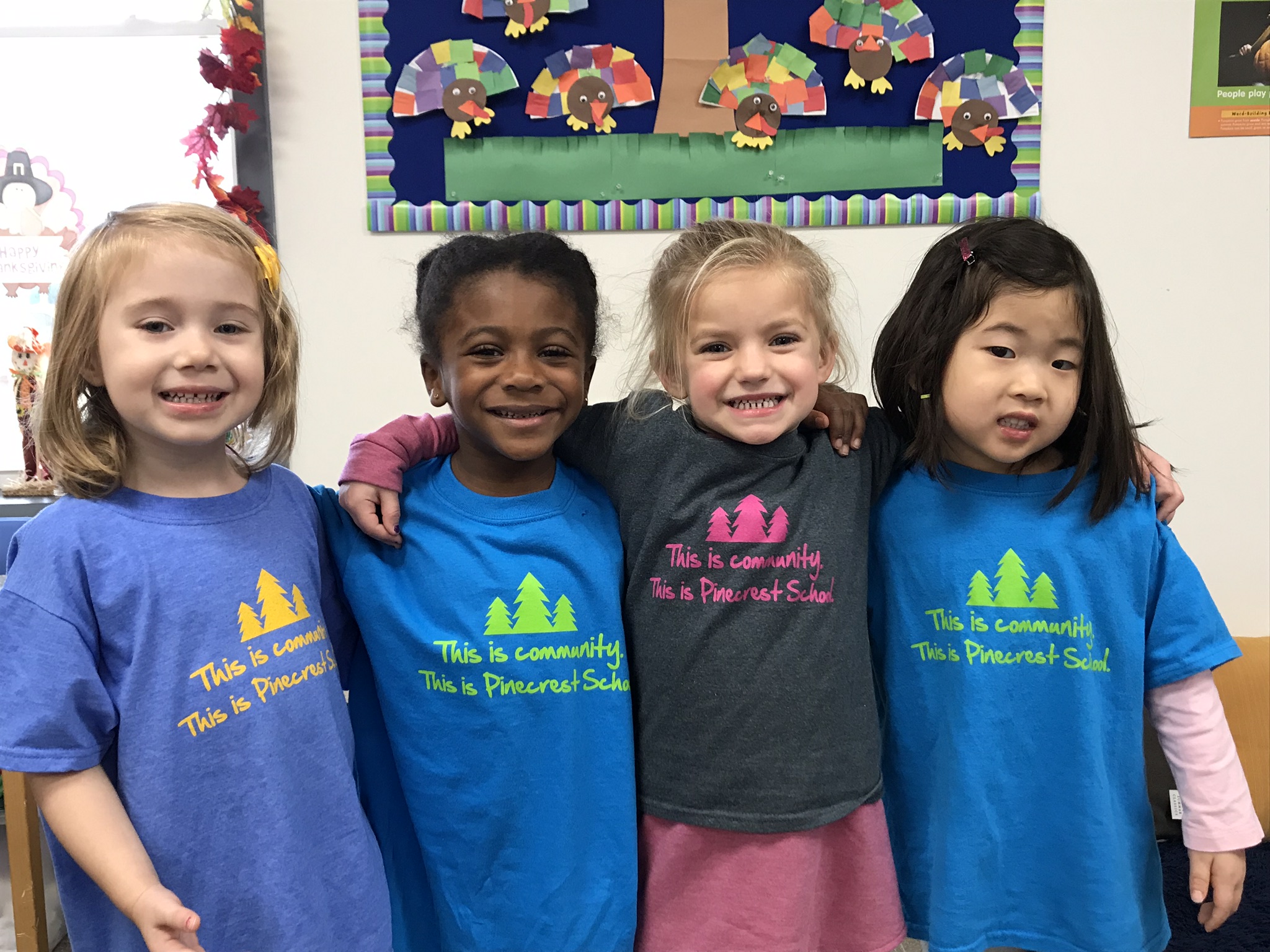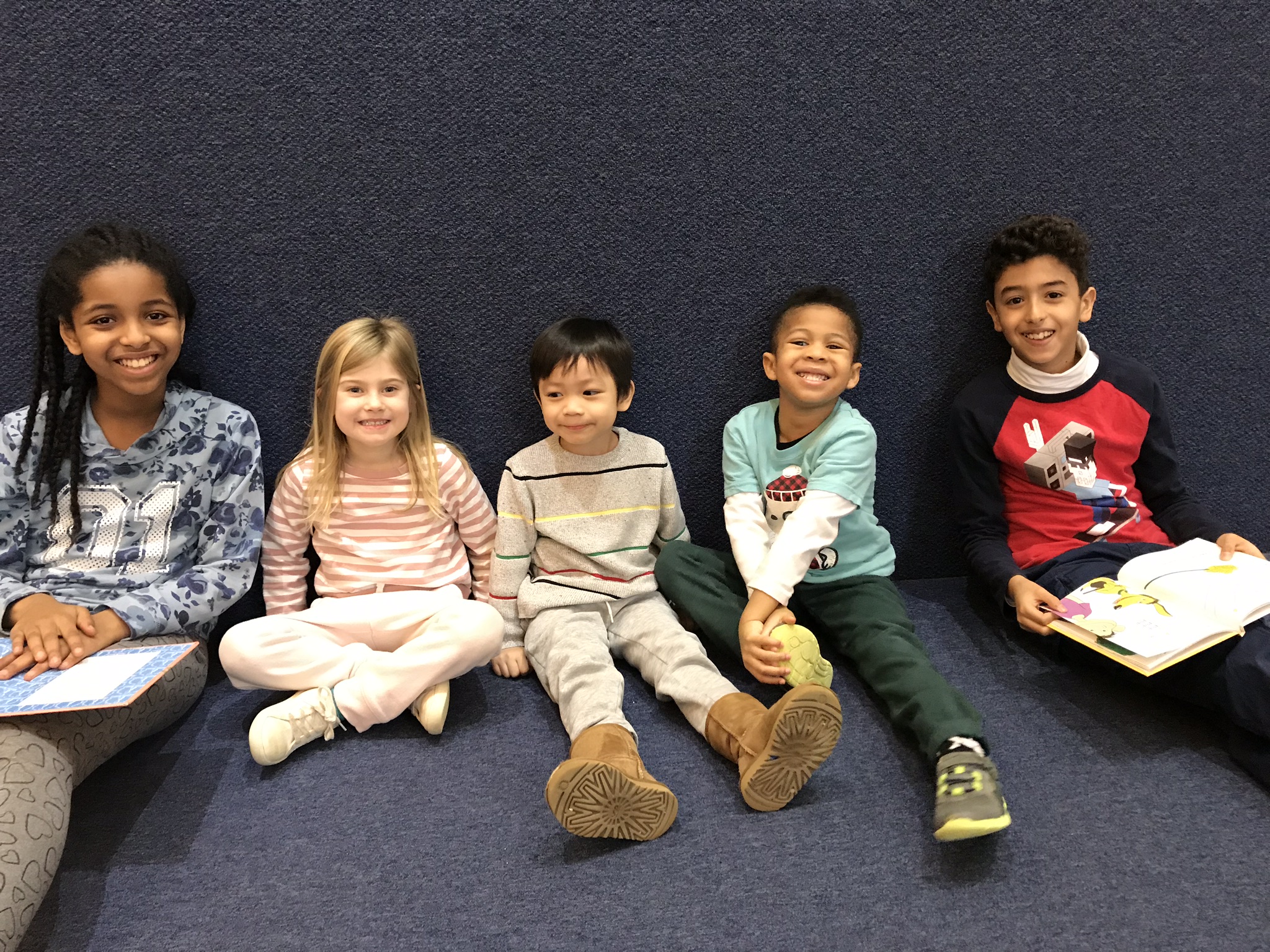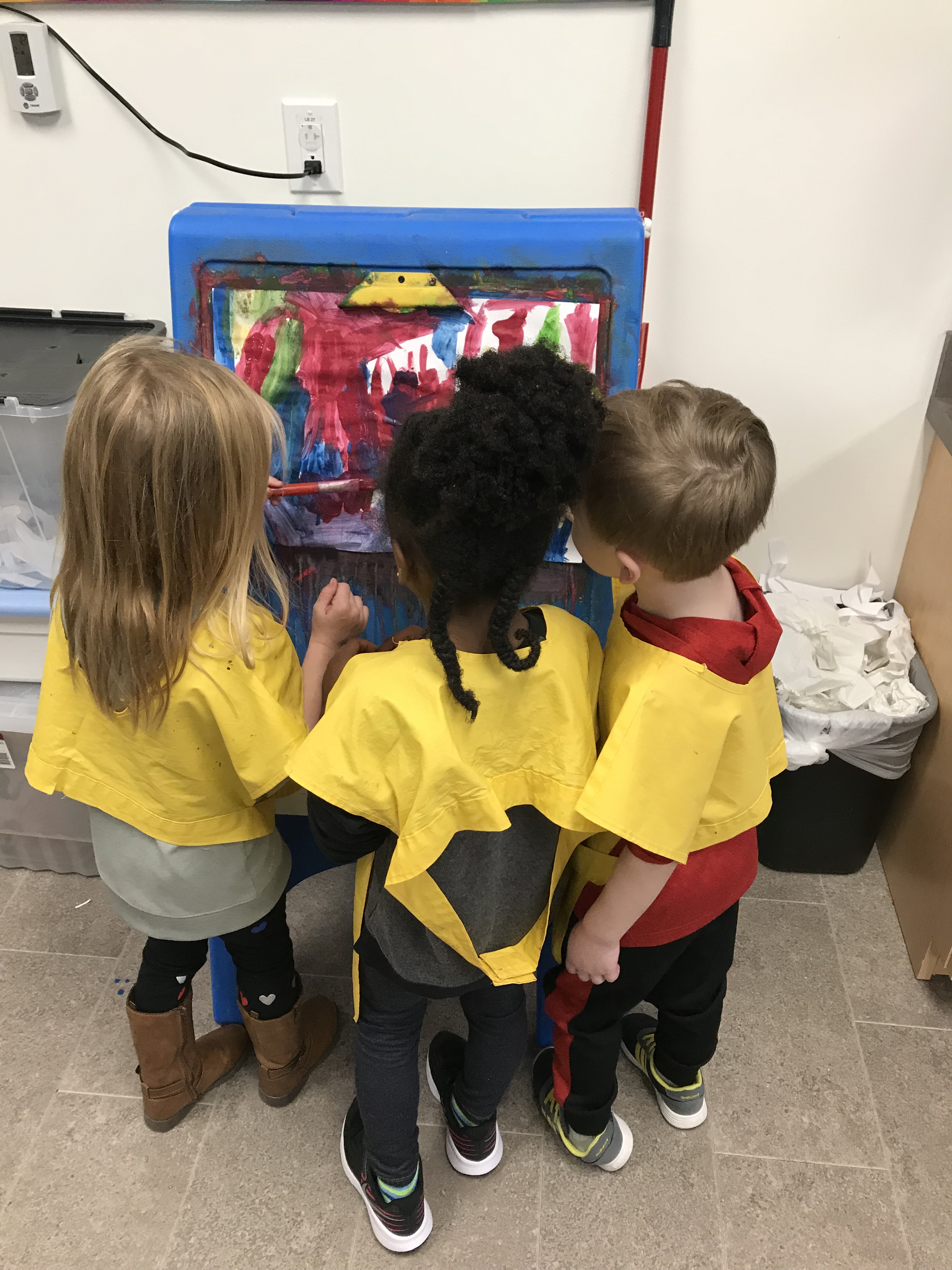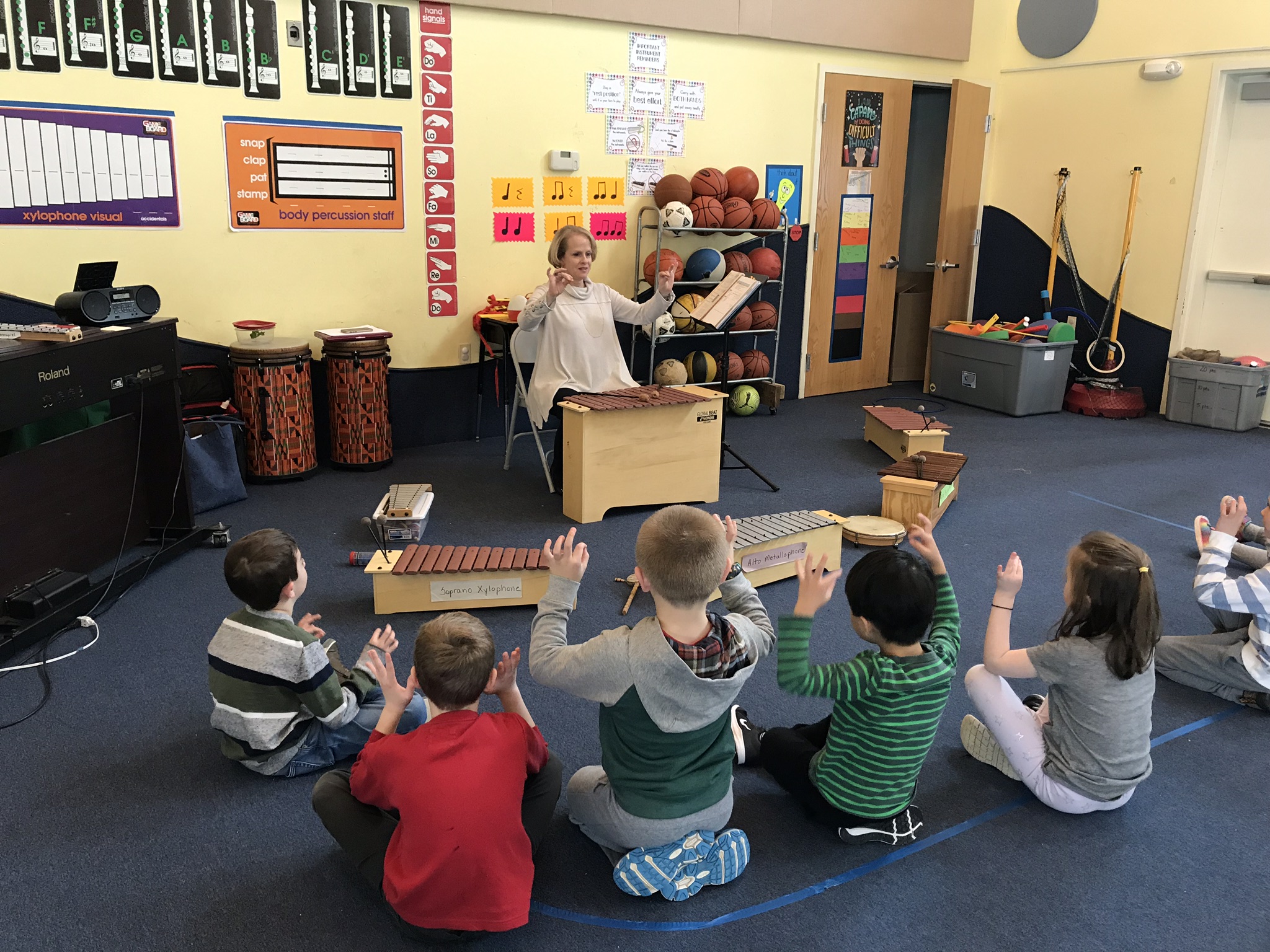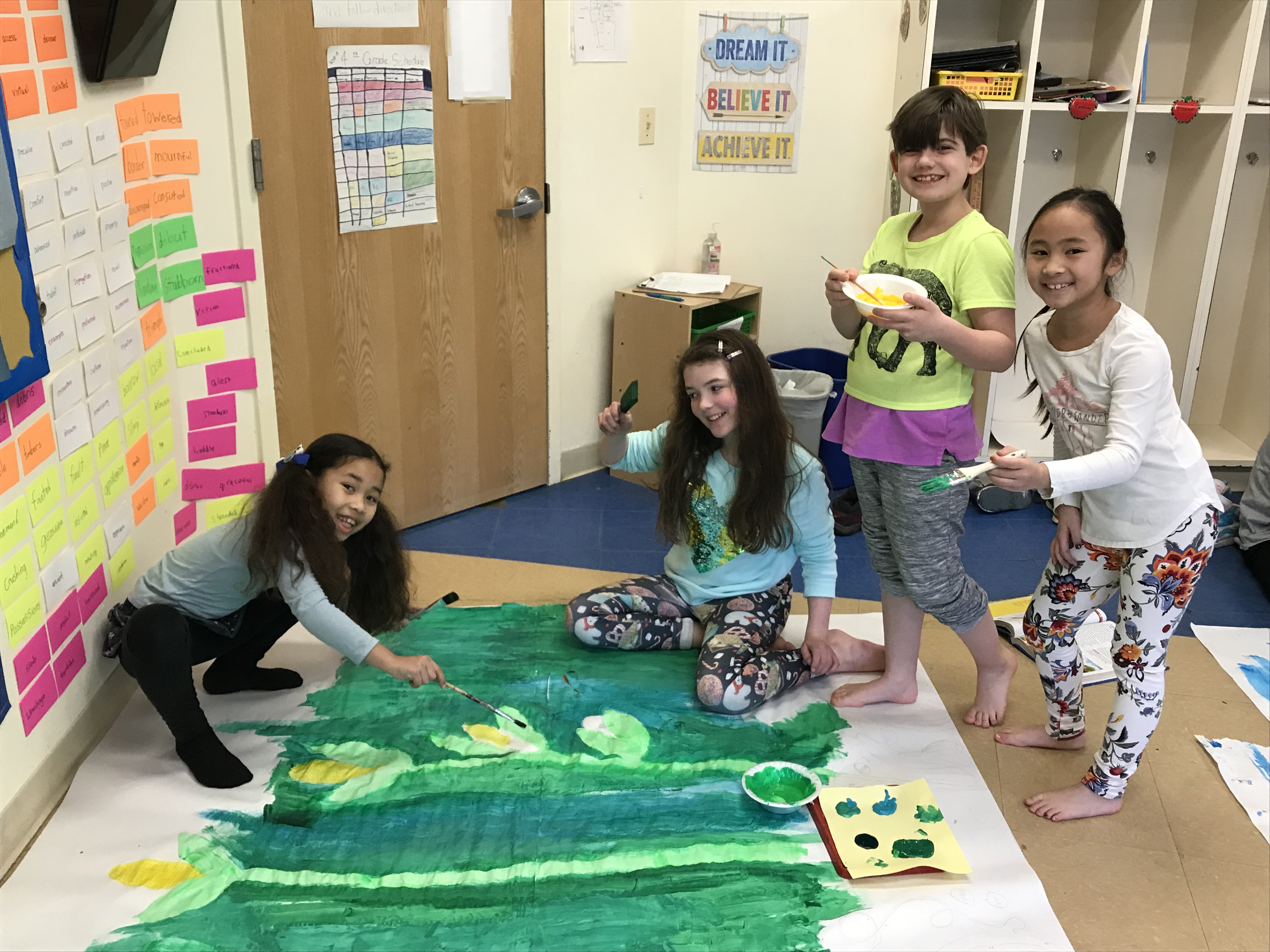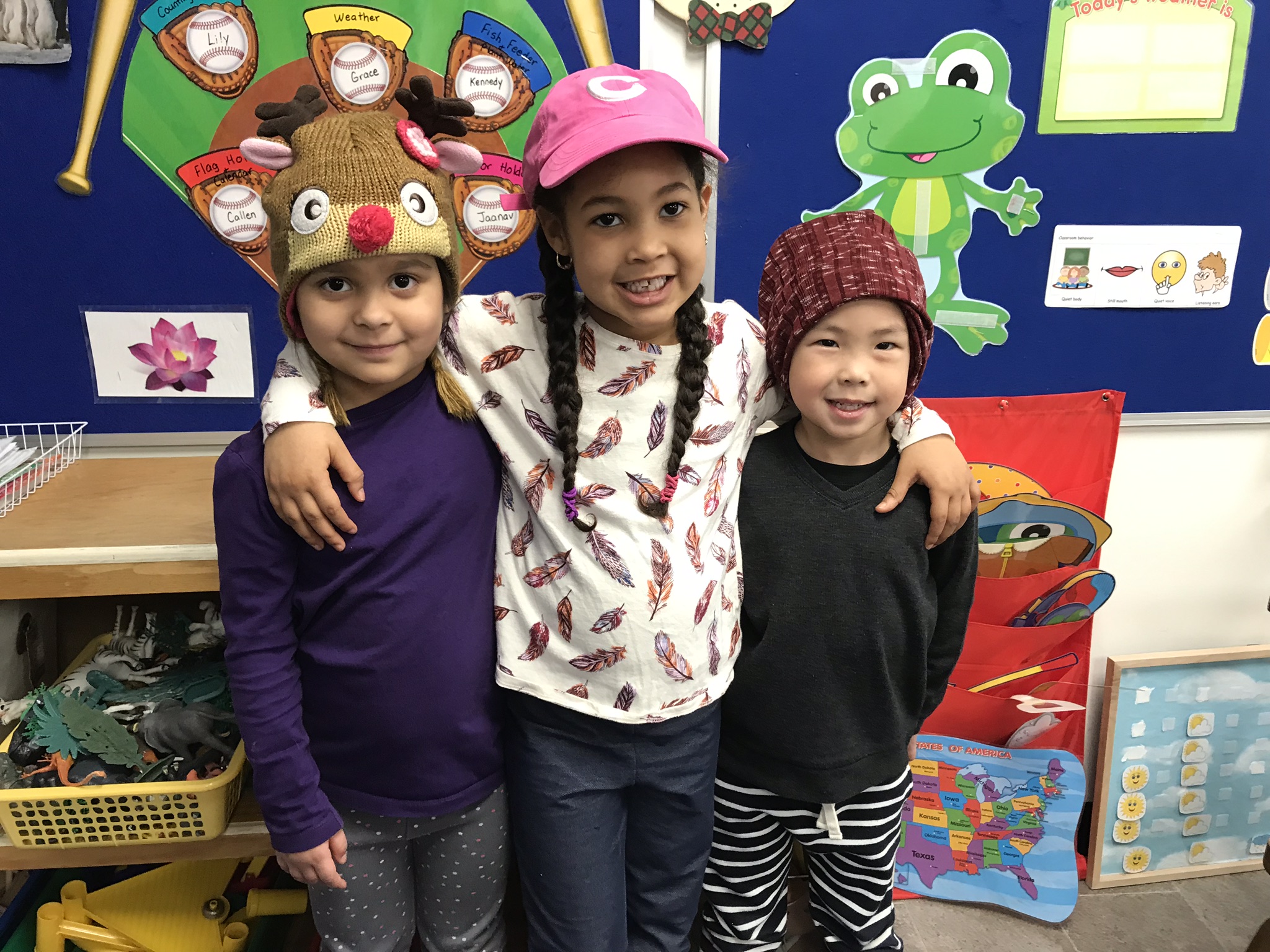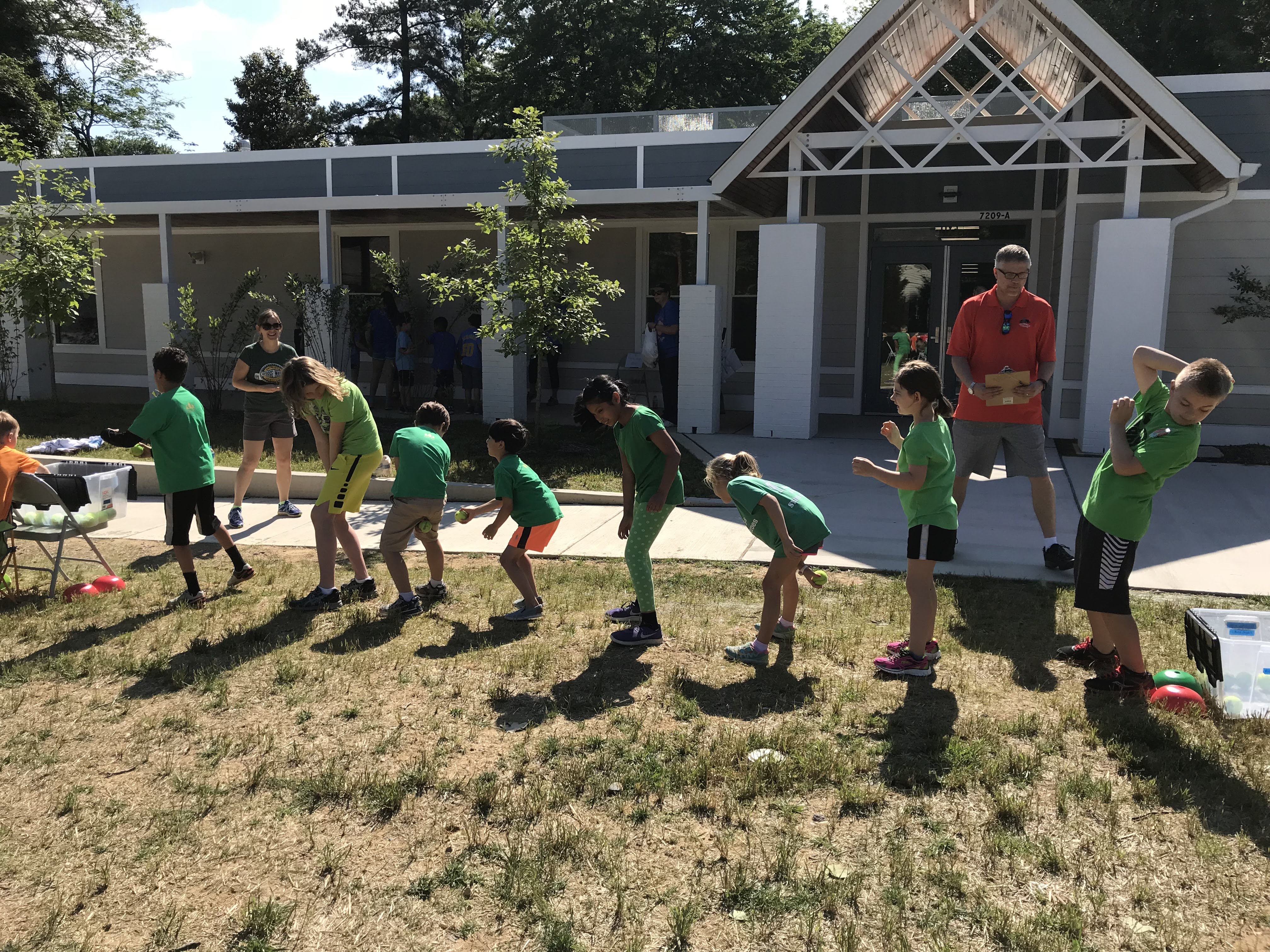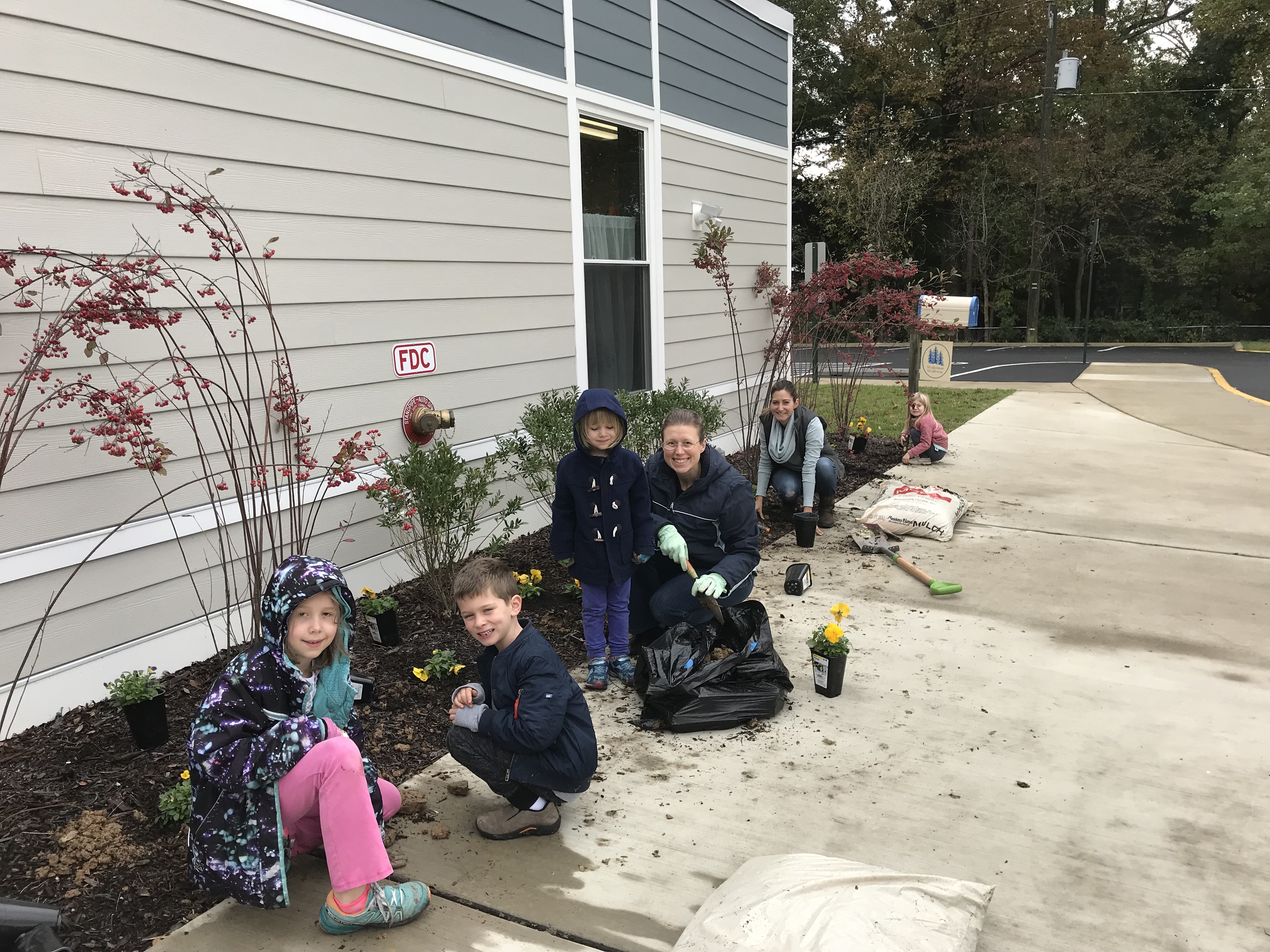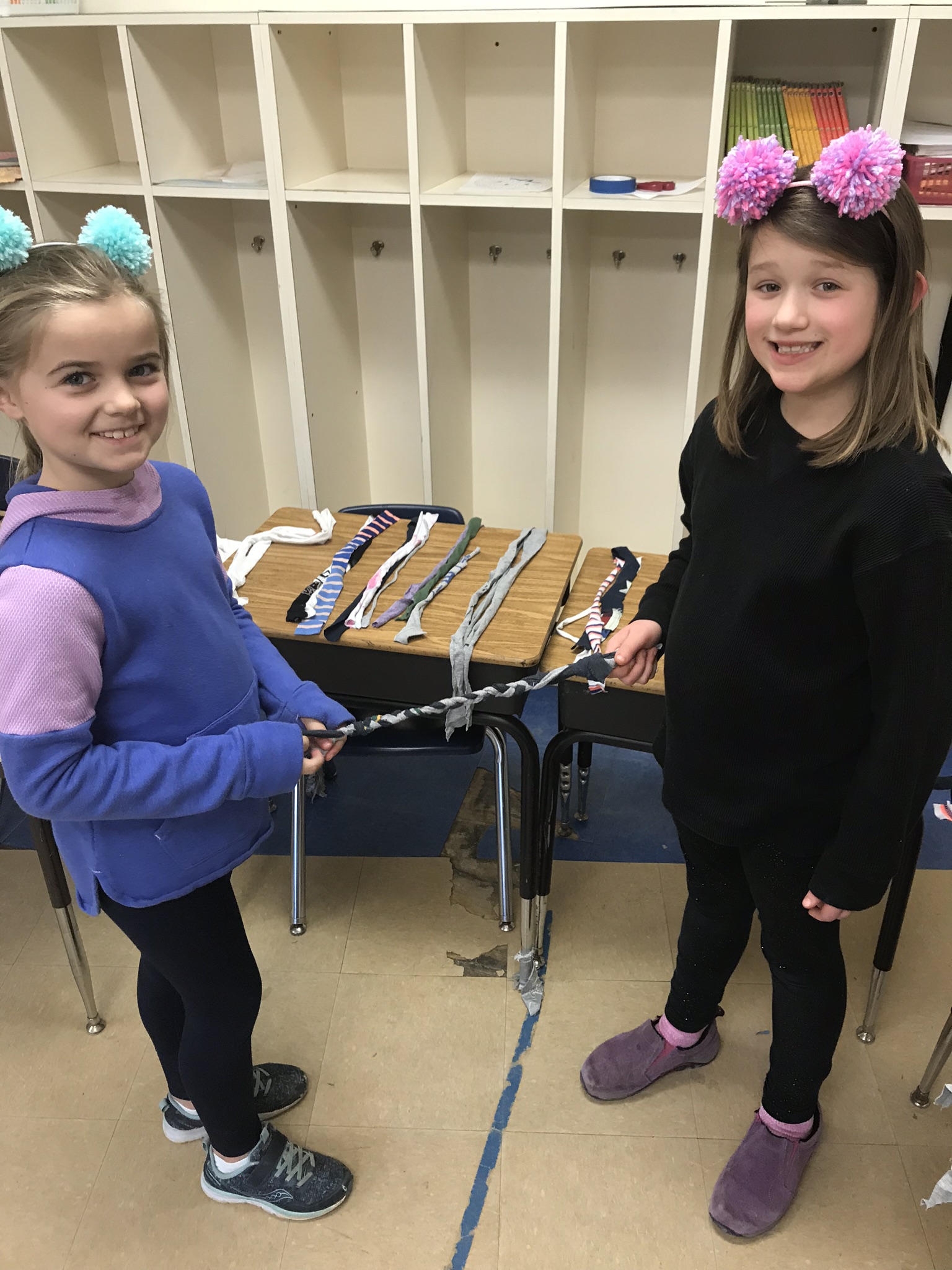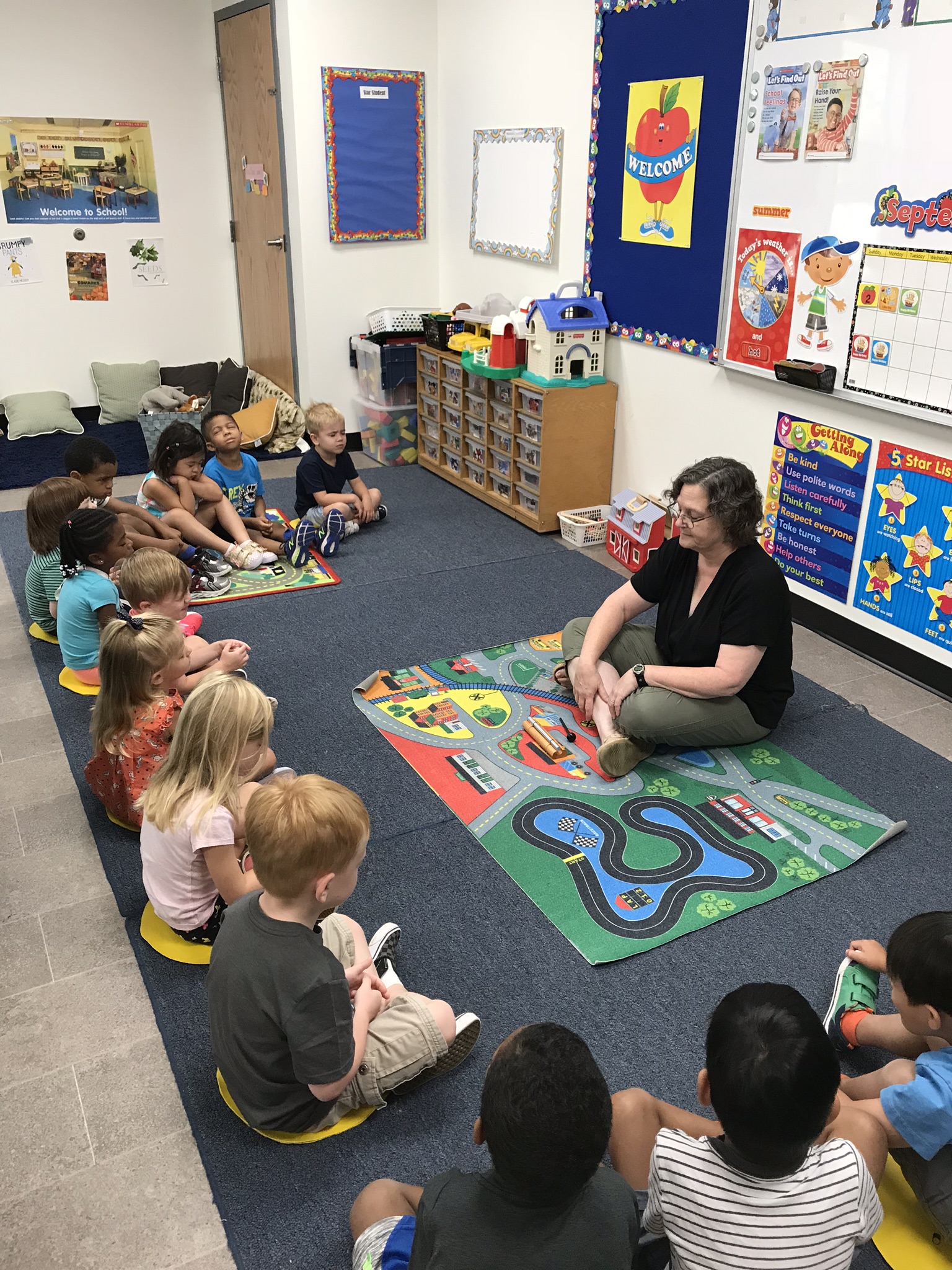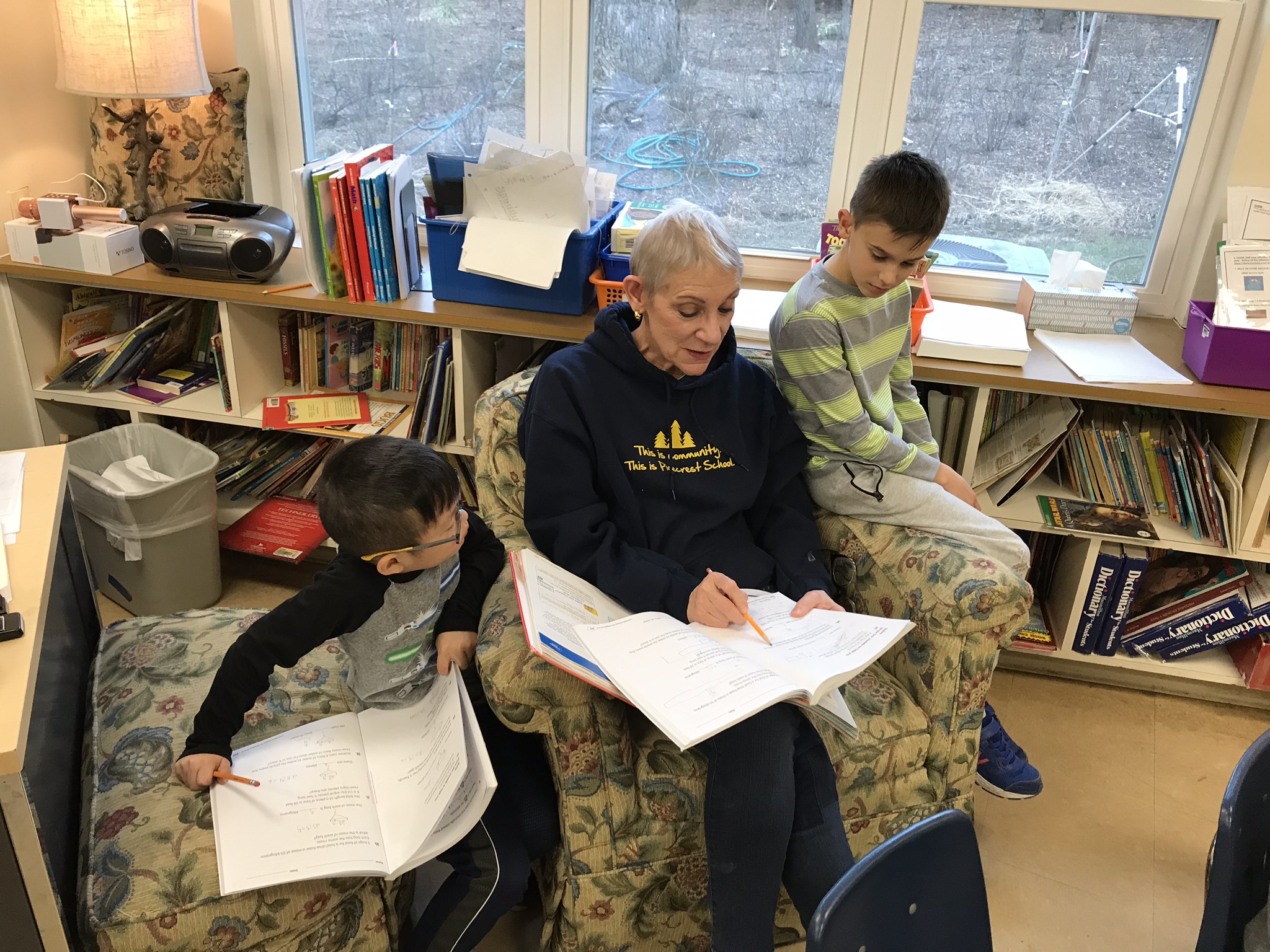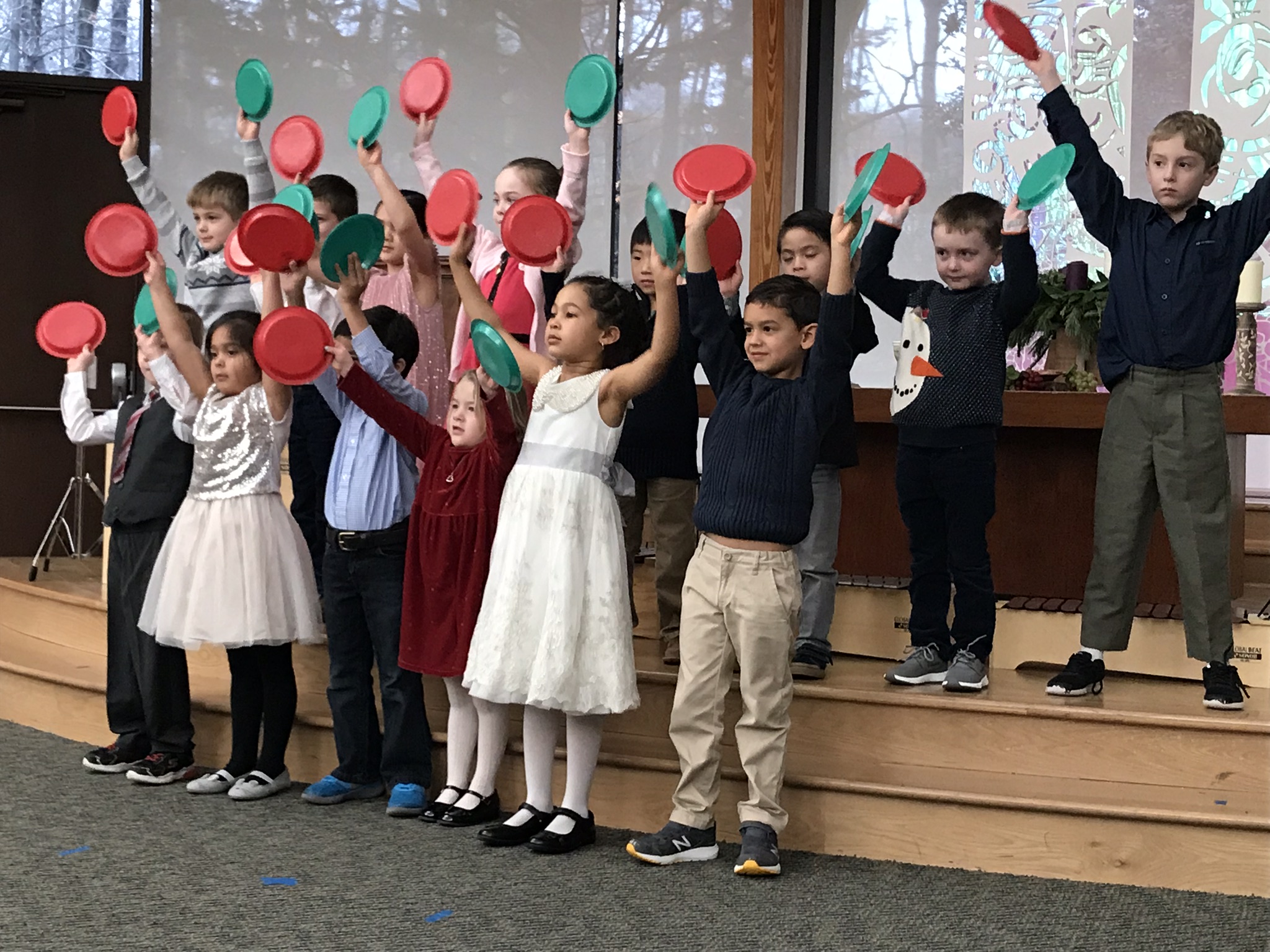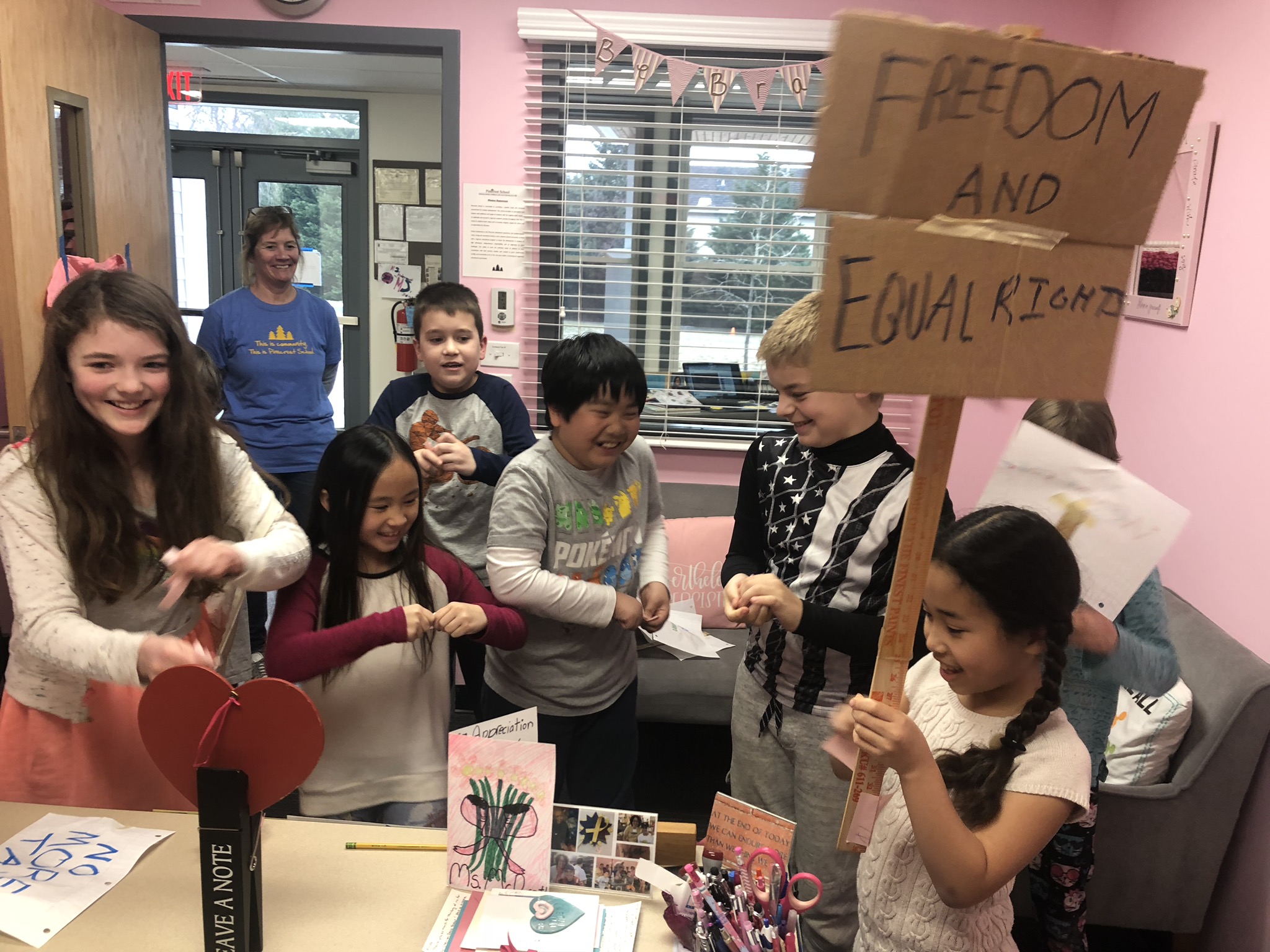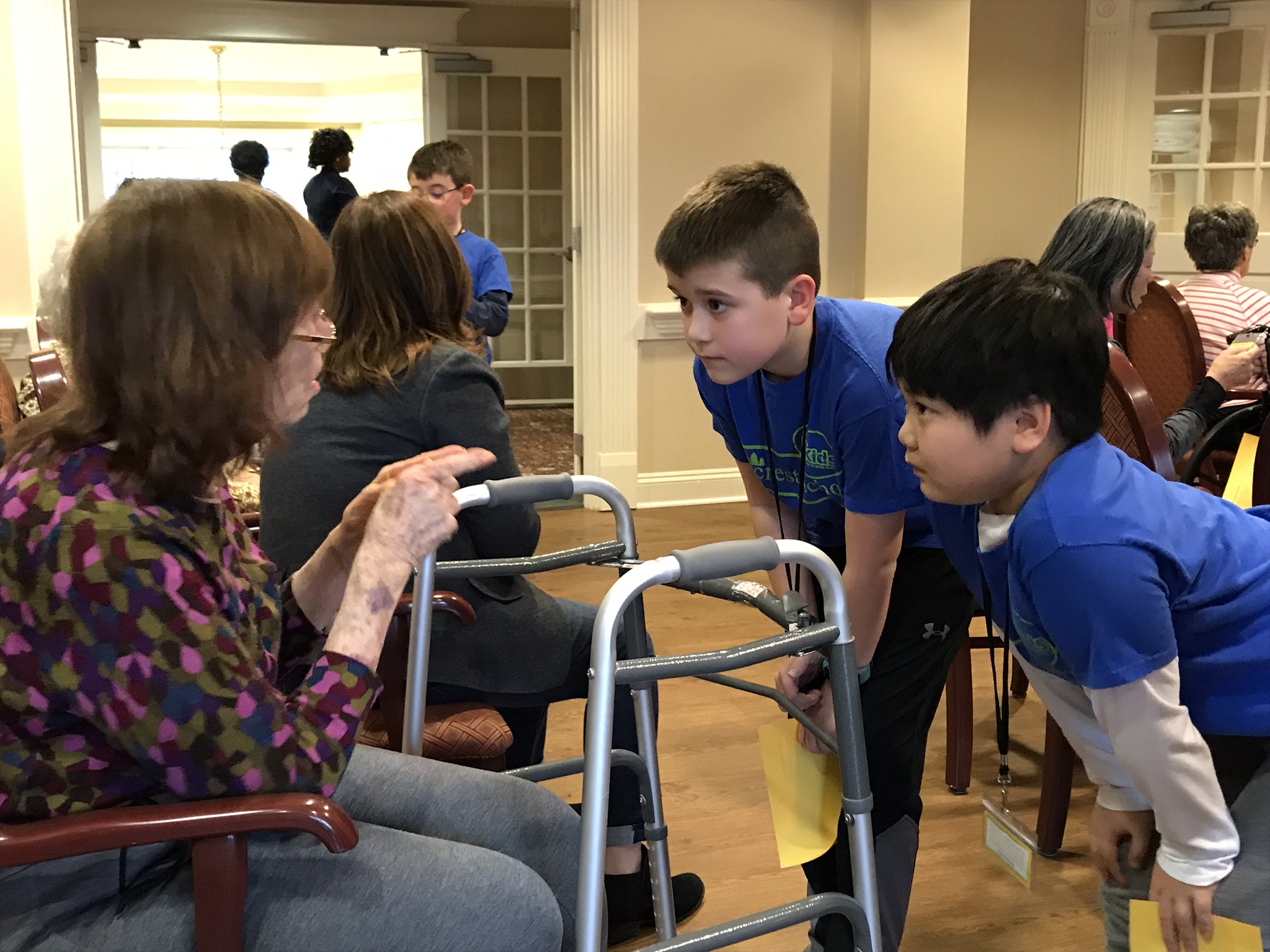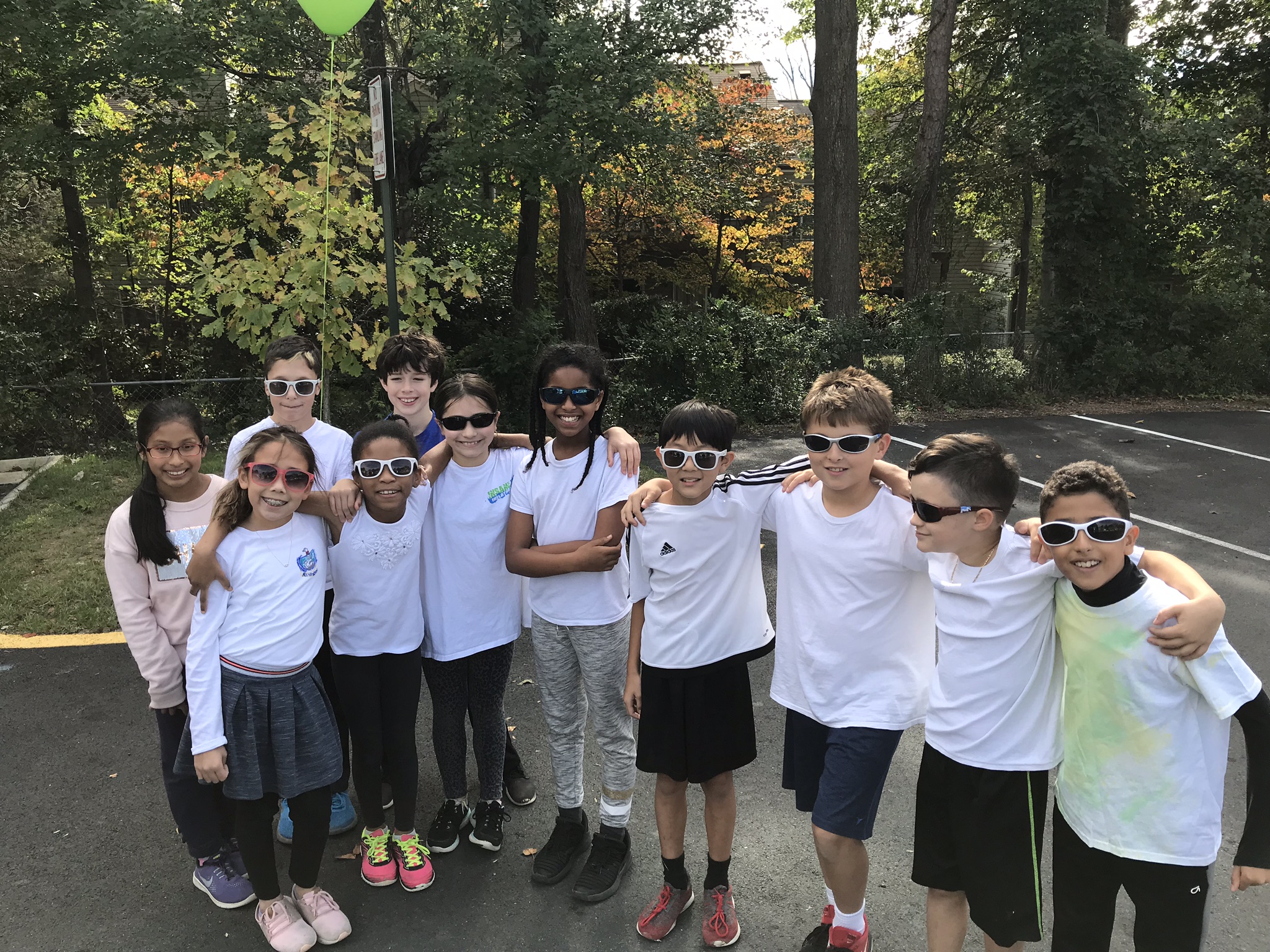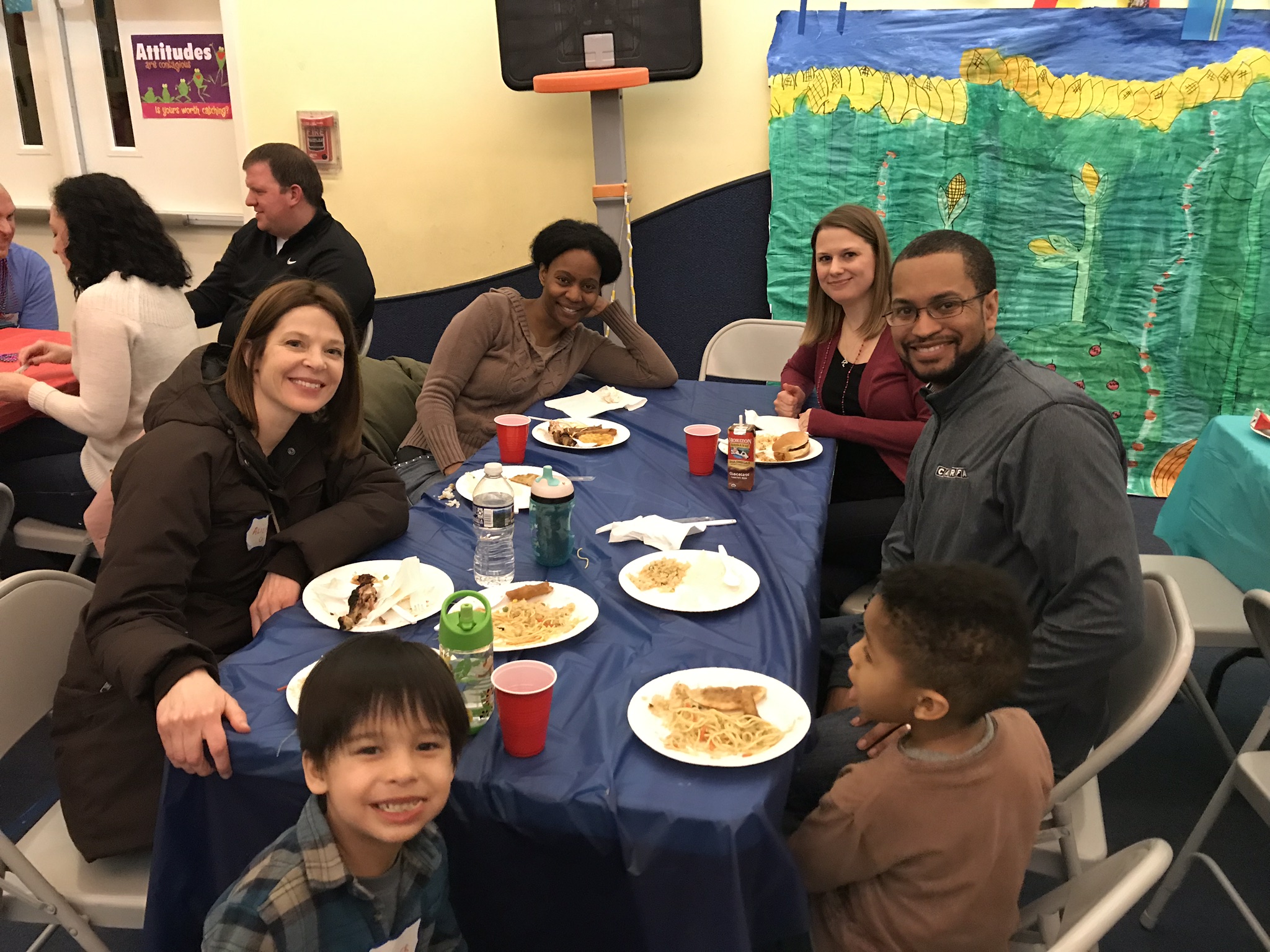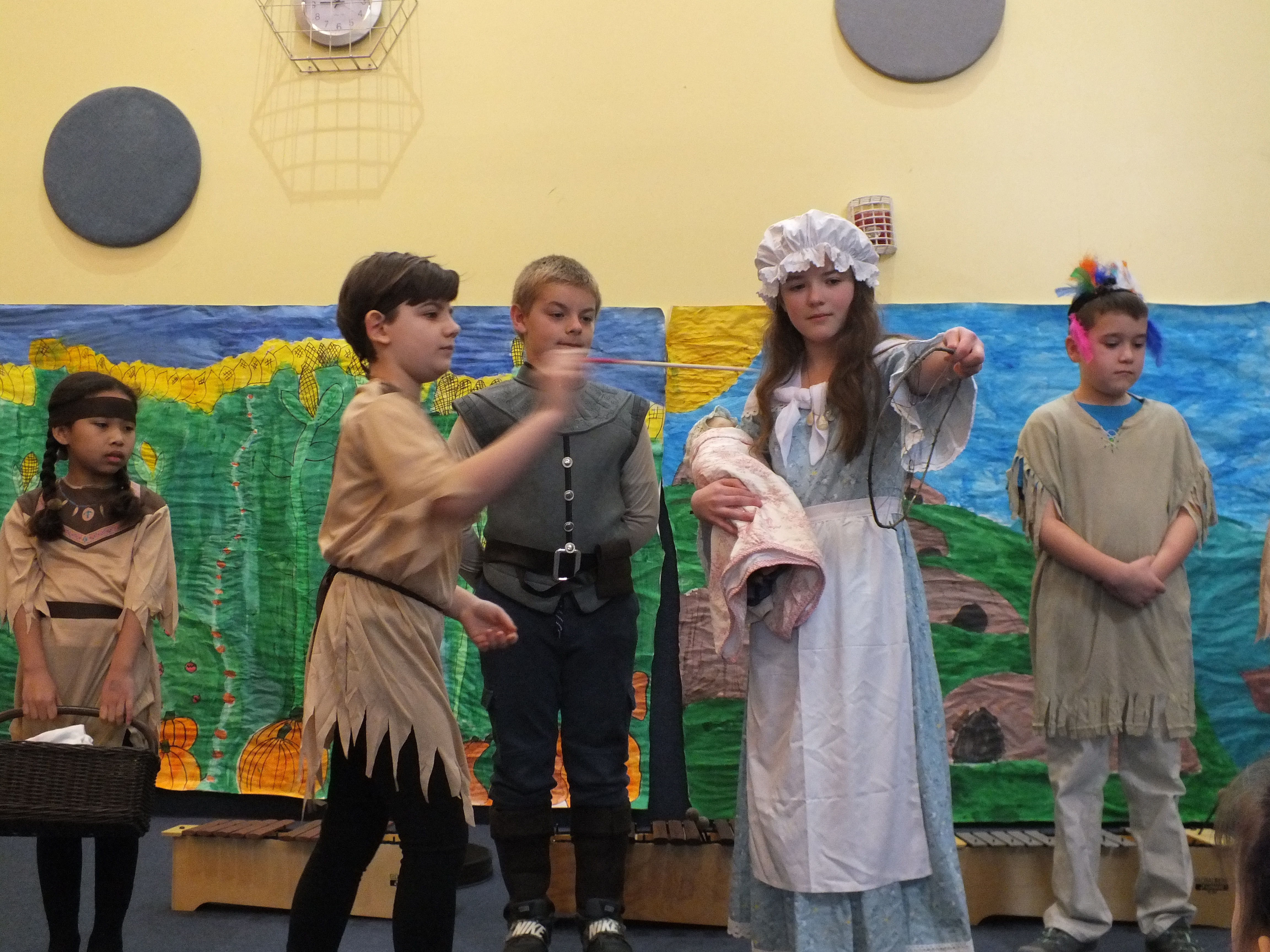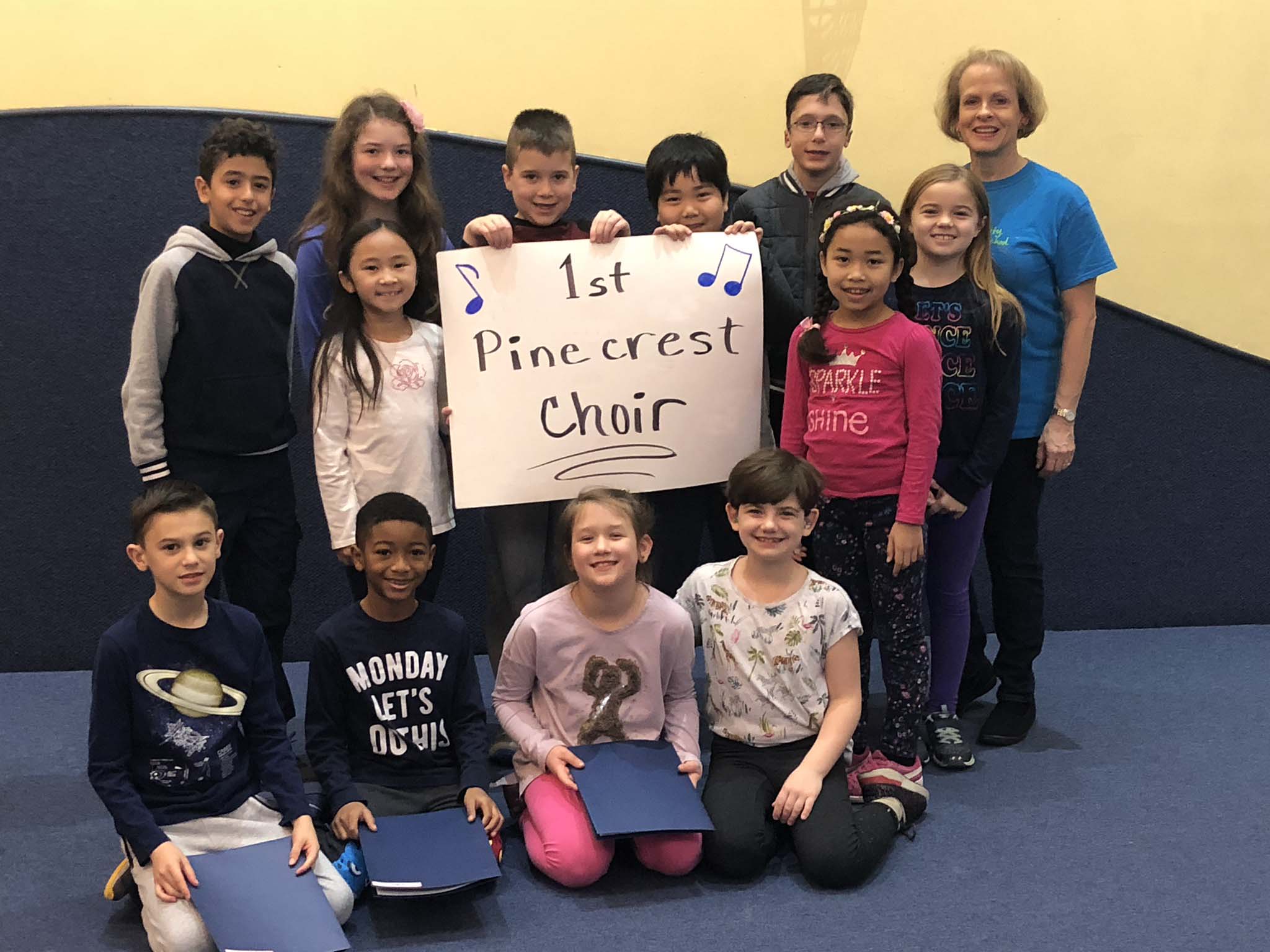The following guest blog is written by a current parent at our award-winning private school in Annandale. Community is an integral part of the Pinecrest experience, and this blog explores that topic – and the importance of belonging and feeling connected – from the parent perspective. When we say “This is community” at Pinecrest, we really mean it. –Ms. McDermott
The Importance of Community at Pinecrest School
In completing my youngest daughter’s application for kindergarten for this upcoming fall, I was asked to share what qualities about Pinecrest School make me believe that it would be a good place for my child. One of the most compelling characteristics that came to me was that my daughter will be entering a true community of learners and friends – that she will get to learn what community means and how to be a member of and contribute to one’s community. My family has experienced first-hand (and thoroughly enjoyed!) Pinecrest’s close-knit community, as our eldest daughter has attended Pinecrest School for the past five years.
I’ve seen how Pinecrest’s small class size and small school campus size naturally lends itself to a greater sense of connection among its community members. All of the staff know all of the students. All of the students know all of the staff. And all of the students know each other – they know all of the students across all of the grades in the entire school. It is this familiarity with one another, this inter-connectedness, this acknowledgement of one another as fellow community members that creates a culture where every child is seen, every child is heard, and every child is recognized as an individual.
Pinecrest Nurtures Supportive Relationships
Supportive relationships are at the heart of Pinecrest’s community. Pinecrest actively cultivates an open dialogue between students, teachers, and parents. Within its individual classrooms, Pinecrest nurtures supportive relationships between its students and their peers, and the students and their teachers. The classroom communities at Pinecrest are a safe place for students from different backgrounds to share their personal feelings, thoughts, and experiences with one another. These classmates work together on such projects as Pinecrest’s yearly tradition of having each class produce and share a Class Presentation to the entire Pinecrest community. Students learn to work with different types of personalities and levels of abilities, and to use their imaginations and creativity. Students are also challenged to work individually on specific components of the presentation, prompting students to work independently and to foster their individual talents. They then bring their individual efforts together to contribute to the whole project. It takes dedication, clear communication, and teamwork to complete these Class Presentations. Students strive to do their best but also help each other in this goal, promoting team unity and togetherness.
This strong sense of belonging and pride in their class team shines through in the sharing of these Class Presentations with the entire school community. Also, you can tell from the audience attentiveness and sense of camaraderie that each of the other classes looks forward to the tradition of attending the other Class Presentation just as much as performing their own.
Leading Together and Learning From Each Other
Building from their classroom communities, Pinecrest regularly provides opportunities for cross-grade collaboration and cross-school participation. Students in older grades pair up with and mentor students in younger grades as Book Buddies. These special pairings create long-lasting relationships that continue throughout the years; once you are someone’s Book Buddy, you are always their Book Buddy. Pinecrest’s students also grow together through the creative expression of musical performance. There’s a 2nd – 6th Grade Choir, and twice a year the school comes together to put on a choir and instrument concert performance for the parents and families. Evoking a similar team spirit, it is heartwarming to watch our students cheer each other on for the Pinecrest’s K-6 Color Run as they raise money for the school, or work together in multi-grade teams to compete together at K-6 Field Day. In academic competitions such as the annual Egg Drop, the K-6 students cheer on our oldest students as they attempt to create a device that can keep a raw chicken egg intact when dropped from the roof of Pinecrest School. The strong sense of community and lasting commitment to Pinecrest School can be seen as alumni students eagerly return to help with this Egg Drop competition, and also other community events such as Bingo Night.
This sense of dedication to participating in and serving Pinecrest’s school community is also translated into serving others outside of the school. Our Head of School has a deep commitment to community service that she both models and shares with our students. Whether it is making dog toys for dogs in local animal shelters, visiting with residents of a retirement community, or cleaning up trash, the student members of our very active 2nd-6th grade Kiwanis K-Kids service club are leading together and learning from each other. Through such cooperation and service opportunities, students learn collaboration skills, develop broader and deeper relationships, and experience the positive and personal fulfillment of contributing to the well-being of others.
Pinecrest’s Staff and Students Commit to Mindful Moments
And Pinecrest students know a lot about contributing to the well-being of others, as well as oneself. A central component of the school’s culture is practicing mindfulness – a practice that teaches students to pay attention to the present moment with compassion and non-judgmental awareness. Students learn to maintain a moment-by-moment awareness of their thoughts, feelings, and bodies. Pinecrest’s staff and students commit to mindful moments – times during the day or at an event – when everyone in the school community breathes mindfully for a couple of minutes together. At community-wide events, students of all grades take turns leading parents, staff, and their fellow students in this practice.
I appreciate the value of such initiatives like that of a mindfulness program, as lately I have been seeing more parenting articles that emphasize that social and emotional skills are just as important as academic skills. Children need strong social and emotional skills first as a solid foundation to then be able to apply their intellectual skills most effectively. Thus, it seems apparent to me that personal connections and a sense of community are important to a child’s positive mental health. Children need to feel that they “belong.” Whether it is through one of Pinecrest’s smaller community groupings – a classroom, a choir, a Field Day team – or Pinecrest’s community-at-large, Pinecrest students feel this sense of belonging and togetherness.
No Child Can ‘Slip Through the Cracks’
Also, having the ability to make meaningful connections with others appears to be a valuable skill in a world that seems to be becoming less and less connected at times. As a parent, I am taking note of the frequent media coverage about the challenges of raising children with technology – how our devices can make us more socially isolated, how our time spent looking at screens is causing us to take less time with personal interactions in the real world, and how this lack of personal connection is unhealthy for children. Thus, I find it especially important that Pinecrest students are learning and experiencing this ability to connect with peers and adults on such a meaningful social level. No child is isolated at Pinecrest School. No child can “slip through the cracks.”
It is my belief that the benefits of Pinecrest’s community building will have long lasting effects for my children, and that these skills and rich experiences will persist with them well beyond their elementary years. Until then, for the next few years I will continue to enjoy and experience with them the wonderful community we are a part of at Pinecrest School.
–Written by a Pinecrest Parent of a current student and a future student, March 2019
